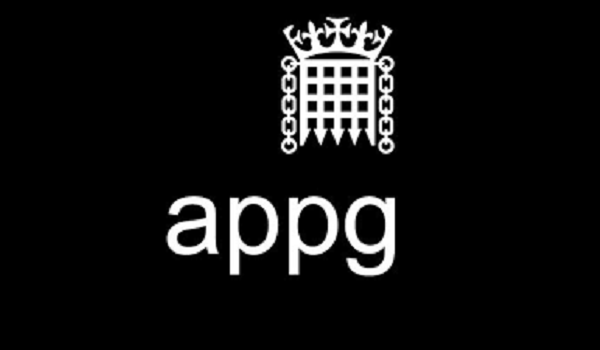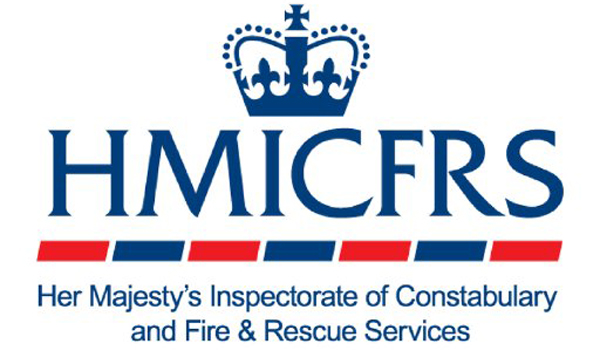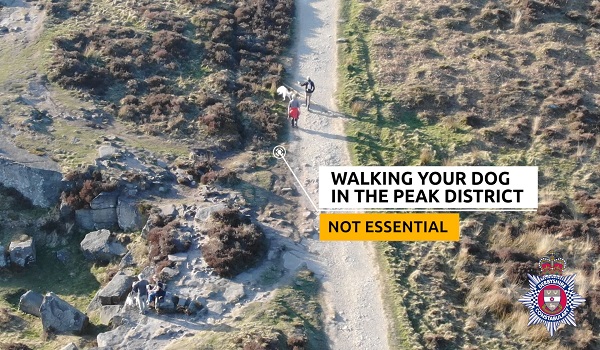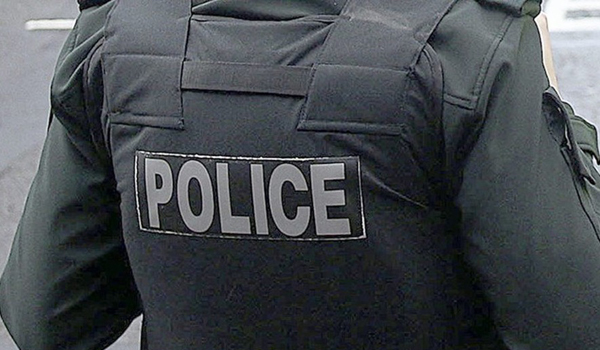Policing units to be part of new anti-illicit trade group
A new unified, national approach to combating illicit trade has been recommended following a review by an All Party Parliamentary Group (APPG).
The Illicit Crime APPG recommended that regional policing units be partnered with other organisations such as HMRC Treasury, Border Force, Local Government Association National Trading Standards Intellectual Property Office and the Crown Prosecution.
MPs believe this approach will ensure three strategic focuses:
Prevention: tracking and tackling illicit trade at the root before it enters the UK
Education: raising awareness of the harm illicit trade poses to health, communities and the economy
Prosecution: effective enforcement of the law, making it less attractive to be an illicit trader
The APPG noted that due to funding reductions on policing and Trading Standards – combined with increased pressure on HMRC and Border Force – resources to combat illicit trade were being stretched.
The report also called for the appointment of a UK national lead to co-ordinate the work and involvement of law enforcement and government departments.
The APPG called for written evidence from March to April this year and received responses from a range of industries and representative bodies. Four oral evidence hearings took place with witnesses from law enforcement, government, and business.
The committee noticed that there is no national approach to the issue, efforts continue to be sporadic while best use of existing resources could not be made.
The report commended the Scottish Anti-Illicit Trade Group which is chaired by the former Scottish Justice Secretary Kenny MacAskill. This brings together Police Scotland, Crown Office and Procurator Fiscal, Trading Standards Scotland, Scottish Fire and Rescue Service, Federation Against Copyright Theft, Scottish Business Resilience Centre, HMRC, Convention of Scottish Local Authorities and Border Force to name a few.
Police Scotland said in its evidence submission that “within 18 months, £29 million of illicit goods were seized from criminals. Vehicles, cash and houses were seized under the Proceeds of Crime Act. Creative industries once suffering under counterfeiting and piracy are now replacing criminals in the marketplace”.
Leaving the EU was noted as a possible time for criminal organisations to exploit the UK, using the period of change and uncertainty for their own gain. The report warned that the UK needs to anticipate this and put in place plans for countering new threats.
Simultaneously, Brexit should also be seen as an opportunity to “redefine the operating model and approach, preventing criminality from taking advantage of uncoordinated efforts, system misalignment and regulatory confusion”.
Evidence provided by the Wales Regional Organised Crime Unit said: “Illicit trade has links with recorded Organised Crime Groups across England and Wales. It is regarded as low risk but high reward. Intelligence links the commodity being used to groom vulnerable young females for [Child Sexual Exploitation]. Additionally, there are elements of exploitation for those employed in smaller shops to sell the products.”
In support, National Police Chief’s Council Lead for IP Crime, Chief Constable Giles York, said: “These joint intelligence development operations are very successful and disrupt or completely dismantle organised crime activity across various illicit trade and intellectual property crime types.”
Matthew Offord MP, Chair of the Illicit Trade APPG said: “Illicit trade exists in every constituency, and as parliamentarians we have a duty to investigate what impact this has on consumers, businesses and our public authorities.
“The report is hugely important with implications for people all across the country, from small business, to the high-street shopper to the CEOs of major companies. Our witnesses and stakeholders all demonstrated significant consensus on what needs to be done and we’re delighted to see our recommendations being welcomed by the government.”







